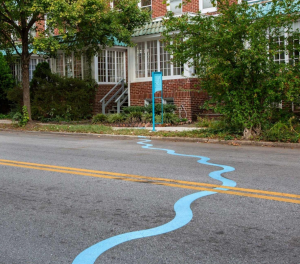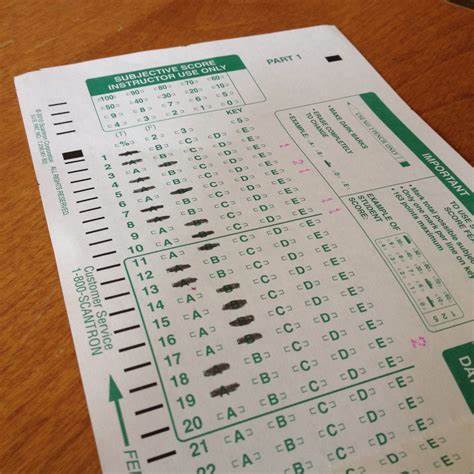If we fall, so will our GPA’s
Half asleep, I arrive to school at 7:40, barely making the bell. And then even once I haphazardly sit down at my desk, (almost out of breath) I realize that I can barely keep my eyes open for a class that can help determine my future. Something needs to change here.
I’m not the only sleepy one. Many students find themselves falling asleep in class and completely missing a teacher’s lesson. Junior Maddie Duncan can relate: “This is the most important year of my high school career, yet I find myself dozing off and losing focus in most of my classes.”
Before even arriving late or half asleep to school, the problems begin on the road. When students drive to school in the mornings, lateness is more prevalent as well as car accidents. Students who are tired and un-aware are unable to focus on their way to school. They may find themselves zoning out and losing control of the car. Josh Hafner, the author of the article “Schools should start later to prevent accidents, depression, scientists say’’ which originally appeared on USA Today said that studies show that a one-hour delay in start times is linked to a 16.5% drop in the rate of car accidents among student drivers.
If school started later, tardiness would be decreased as well as the percentage of dropout students. Students dread waking up in the morning, and if they got just an hour more of sleep, school could be more enjoyable and beneficial. Sluggish and lazy students would soon become energized and ready to learn. Students with a boosted mood will be able to focus all day. This increase in productivity will benefit both students and teachers. Later start time will cause teachers to be able to teach their lessons without worry of students falling asleep or not paying attention.
What do you eat to start your day? Think about how nice it would be to sleep in and eat a real breakfast in order to consume more protein and calories. According to Karen Bakies, a registered dietitian and the Nutrition Affairs Director for the American Dairy Association, “Kids who eat a nutritional breakfast on a regular basis perform better academically, have increased attendance and make fewer trips to the school nurse’s office.”
If the delayed start time is implemented, students will be able to sit down for breakfast instead of running out of the house with pre-packaged food in hand. Instead of grabbing a pop-tart or “Little Bites,” you can now make yourself a healthy smoothie. This will allow a healthier and more focused school environment.
Grades are also a serious worry for many students in their high school years, considering college is approaching. Students’ grades have gradually decreased due to the early start times of school. If school started later, accidents would decrease, attention would increase, and GPA’s would skyrocket.



















